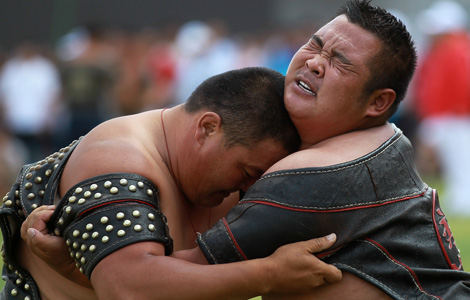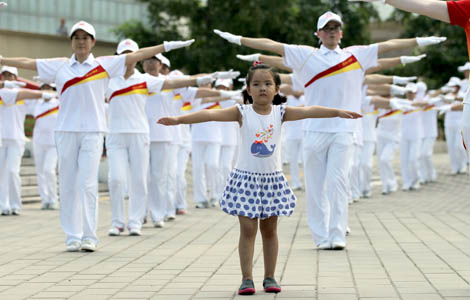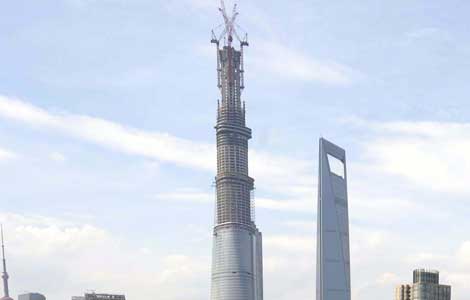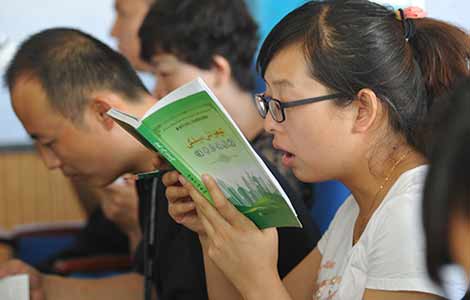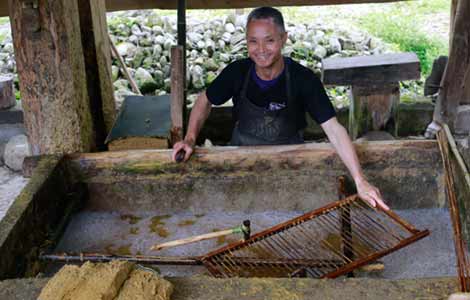Muslims gather for Eid holiday
Updated: 2013-08-09 02:12
By Cui Jia (China Daily)
|
||||||||
More than 30,000 Muslims gathered at Id Kah mosque in Kashgar — the biggest mosque in the Xinjiang Uygur autonomous region — at 9 am on Thursday to perform one of the most important prayers of the year on Eid al-Fitr.
Even the square outside was packed with worshipers who began to dance after the prayers to officially kick off the important holiday, which is celebrated by Muslims around the world to mark the end of the fasting month.
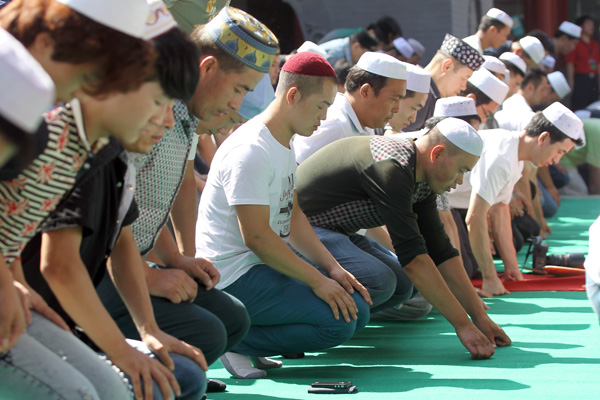 |
|
Muslims attend Eid al-Fitr morning prayers at the Niujie Mosque in Beijing.Zou Hong / China Daily |
When Abliz Wahep, 60, a well-respected manager of Qunje mosque in Xinjiang's capital Urumqi arrived at the place of worship at 5 am to make sure everything was ready for the prayers of more than 1,000 people, women were already preparing food for the many relatives who would join them for lunch. According to tradition, Muslims marking the end of the Ramadan fast go to the house of the most elderly relative to pay their respects first.
"It took us about two weeks to prepare for the big day. We actually spent less time preparing for the meal than before because most of the cooked food can be bought from the market," said Ababalik Jilili, Abliz's son-in-law.
Fried dough twists, which are normally displayed in the center of the living room table, are a must-have festival food for ethnic Uygur families. Ababalik said it is something they have to cook themselves. "Every family has its own recipe for fried dough twists. It's like a taste signature," he said.
"We used to have to save up for a few months before the festival about five years ago, but it's unnecessary now as our income has increased," he said.
Asya Keyi, 42, went to her mother's house in Urumqi around 6 am to cook for visitors. Her mother went on a tour to Kashgar a few days before the festival, leaving Asya as the hostess of the house.
Asya's preparations, which include cleaning the house from carpets to curtains and buying food and new clothes, started 15 days ago. After lunch, the family will go to the graveyard to pay their respects to deceased relatives.
Although the religious festival is not a national holiday, most regional governments around China give Muslims the day off, while some have made it a holiday for all.
In Beijing and Shanghai, people from 10 ethnic groups, including Hui, Uygur and Kazak, enjoy a one-day paid holiday because the majority of them are Muslims. In Xinjiang, everyone has the day off and all highways in the region are free of charge on Thursday. People in the Ningxia Hui autonomous region have a four-day holiday.
Most Viewed
Editor's Picks

|

|

|

|

|

|
Today's Top News
US realty market 'connects dots' with China buyers
Economic prospects improved
China Unicom tests 4G network
Switching tactics in ambitious new move
Rare earths on shaky ground
More young adults living with parents
Grenade-wielding gunman kills four in Texas
Many Americans have no friends of another race: Poll
US Weekly

|

|
